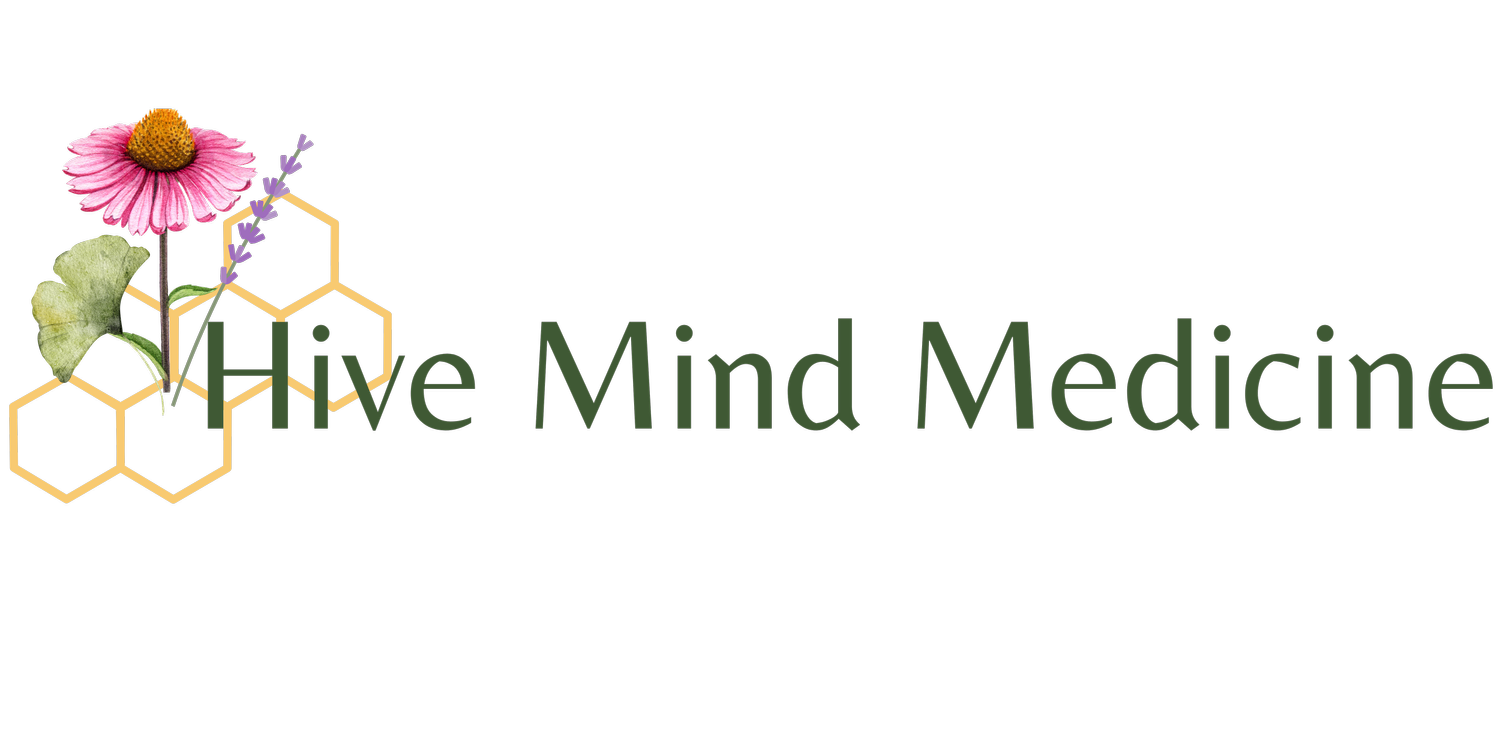What’s That OTHER Smell?
by Kayle Sandberg-Lewis, LMT, MA, BCN-Senior Fellow
Just one year ago, Dr. SS-L wrote a piece about the odors emanating from stool and intestinal gas. Generally unpleasant, these gases are a fact of life that can usually be modified by diet management and other means, such as supplementation of digestive enzymes.
There’s another fact of life: People produce other body odors. A newborn usually has a fresh, “brand new” smell – you may notice people taking deep breaths while snuggling a baby. (This is assuming the baby’s diaper is clean.) Teenagers are infamous for their more “hormonal” odors, although hygiene may again be a contributing factor.
Older adults have their own distinct smell, particularly noticeable to younger people when they visit a senior center or elder’s residence. Folks who notice the scent may believe it is due to inadequate hygienic practices, but, for the most part, it is due to changes in the chemical composition of the aging body.
As we age, the natural antioxidant omega-7 unsaturated fatty acids on the skin start to degrade. This results in an increased oxidation of lipid acids. When the lipid acids are oxidized, a chemical compound called nonenal is produced, creating that musty smell we often associate with older people. While the breakdown of antioxidants may start as early as age 40, it is generally a subtle change that is not noticeable until a couple of decades later.
As with all things physiological, there are individual differences, but the process is universal. Is it a medical problem? Only if the scent leads to social isolation.
It is generally difficult to get rid of nonenal scent – the fatty acids are not water-soluble, so they aren’t easily washed away in the shower. Skin contact with clothing & bedding transfers the smell and, again, simple laundering doesn’t adequately address it.
So, what’s an aging person to do?
Here are some suggestions:
Get regular exercise
Observe daily personal hygiene practices.
Wear “breathable” clothing made of natural fibers such as cotton
Eat a “clean” diet, avoiding processed and fried foods, and focusing on foods rich in antioxidants such as fruits and vegetables (Consult our nutritionist if you have questions)
Practice stress reduction techniques (for help, see your local bio/neurofeedback provider)
Avoid alcohol
Avoid tobacco
Hydrate well with plenty of water, thereby diluting the fatty acids
Ventilate the living areas often and well, opening windows whenever possible.
Wash clothing regularly using a laundry additive designed to cut grease/address stains (e.g. OxyClean)
Make sure bedding is aired out often and laundered frequently, using the above additive
The Japanese have a term for the specific scent of elders – “kareishu” - and have developed an entire industry to address it. They have pioneered the creation of soaps using extracts of persimmon and green tea that are purported to break down the fatty acids, minimizing the odors, but not eradicating the cause.
Kayle Sandberg-Lewis holds a M.A. in Behavioral Medicine, the study of how what we do in our daily lives affects our well-being. She has over three decades experience in stress management and is board certified in neurofeedback, which she introduced to her practice in 1996. She is certified in neurofeedback by the Biofeedback Certification International Alliance (BCIA).
Hive Mind Medicine blog posts are for educational purposes only and are not intended as medical advice. Please consult with your health care practitioner for personalized guidance.
